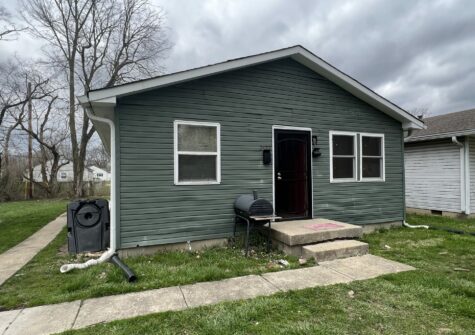Few expect a real estate deal to be a simple and uncomplicated matter. While real estate doesn’t have to be rocket science, neither is it necessarily true that even an experienced investor can take ownership of a piece of property without needing to wade through negotiations and the finer points of the deal.
Some deals, however, are inherently simpler; skipping the need to come to terms on things that might be fixed or improved or covered by the seller before the buyer takes possession. Some real estate deals are offered “as is”, which means the property is being put up for sale specifically to buyers who will not require any final changes or fixes to the property before the deal can close. While this can make some aspects of the sale simpler for the seller, it doesn’t turn selling real estate into child’s play.
Typically, sellers have to legally disclose what they do or don’t know about the property, as the law won’t allow them to fail to present the property honestly and accurately to potential buyers. And for buyers, while it’s true that “as is” real estate is more likely to have problems that will require prompt renovation or maintenance attention, and investment, it’s also not necessarily true that every “as is” property is a disaster zone of danger that will make it a liability.
Whether you’re buying or selling, “as is” could be the right deal, as long as you do your research and remember to take a close look at the property before you sign on the dotted line.
Just because it’s being sold “as is” doesn’t mean you can’t make a profit flipping it! #Ironclad
Key Points:
- 1Benefit for Sellers: The seller will have no repairs to finance before the deal can be closed. This can be huge benefit for many sellers, who don’t have the money for repairs or don’t live in the state where the property is being sold.
- 2Benefit for Buyers: Buyers can often get “As Is” properties at a discount, saving significant money.
- 3This type of property can be attractive for rental use, fix and flip, or even to secure a lot in a good location to tear down and build.
See the original at: https://www.fortunebuilders.com/as-is-real-estate/




